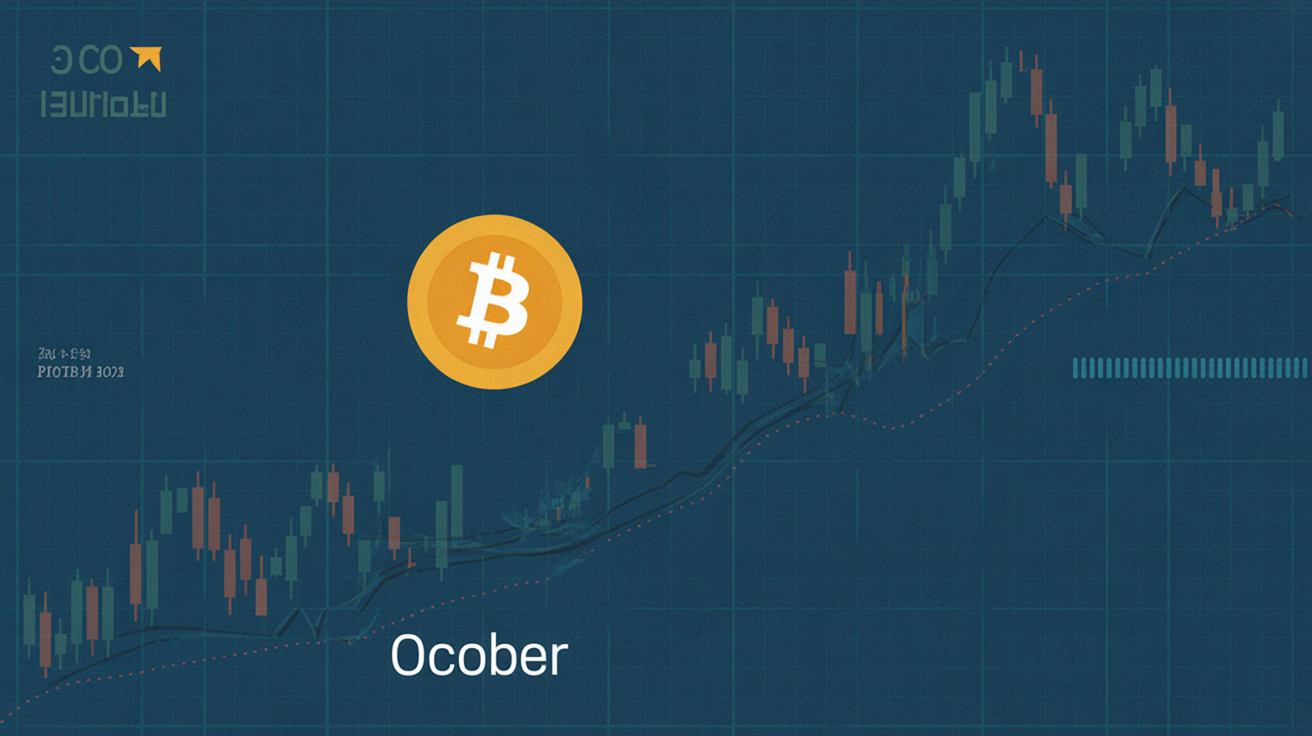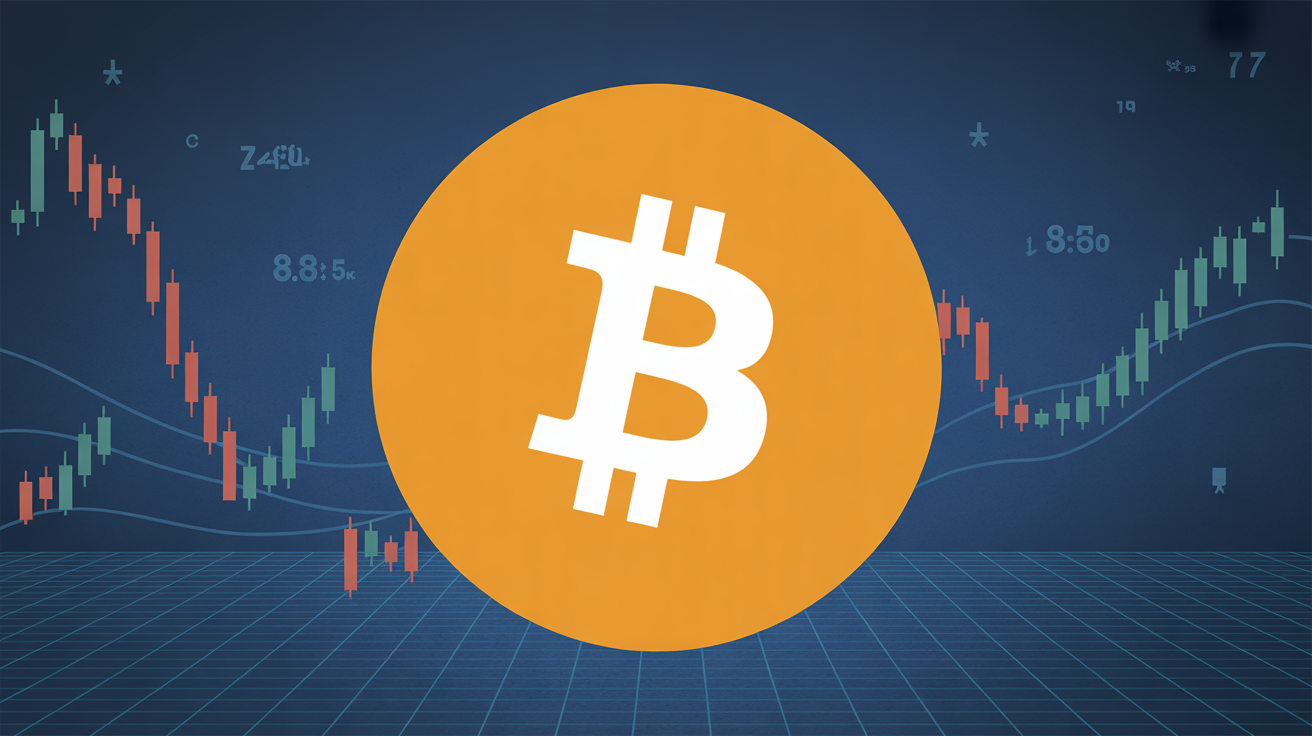Bank of America Warns of Further U.S. Dollar Weakness This Summer
The U.S. dollar’s recent decline is widely viewed as favorable for dollar-denominated assets like bitcoin and gold, but more pain may lie ahead for the greenback.
Bank of America has issued a cautionary outlook, predicting that the U.S. dollar could face continued pressure throughout the summer after already falling sharply this year. The dollar index—which measures the currency’s strength against a basket of major global currencies—has dropped nearly 9% to 99.74 in 2025, a slide largely attributed to trade tensions sparked by President Donald Trump’s tariff policies.
In a report released Friday, Bank of America’s global FX research team, led by Athanasios Vamvakidis, highlighted the damaging impact of tariffs on the U.S. economy. The report emphasized that, as one of the world’s most interconnected trading nations, the U.S. is particularly vulnerable to escalating trade disputes.
While acknowledging some economic resilience—such as recent tax cuts and the avoidance of deep fiscal austerity measures—the report concluded that the negatives outweigh the positives. Policy uncertainty remains high on several fronts, causing companies to potentially delay hiring and investment until clearer signals emerge.
The report also warned that tariffs are likely to increase beyond current levels, which are considered the baseline minimum. This ongoing trade friction is undermining market confidence, especially as fiscal policy loosens amid historically high debt levels, pushing borrowing costs upward. Meanwhile, the Federal Reserve faces constraints in aggressively responding due to mounting inflation expectations.
Indicators like the ISM data and the weekly Dallas Fed economic index point to weakening economic momentum. Notably, the Dallas Fed index has resumed its downward trend since a brief uptick in early April and recently hit its lowest level since December.
Though such high-frequency economic data can be volatile, the Bank of America strategists believe they may signal an economic slowdown in the coming months.




























